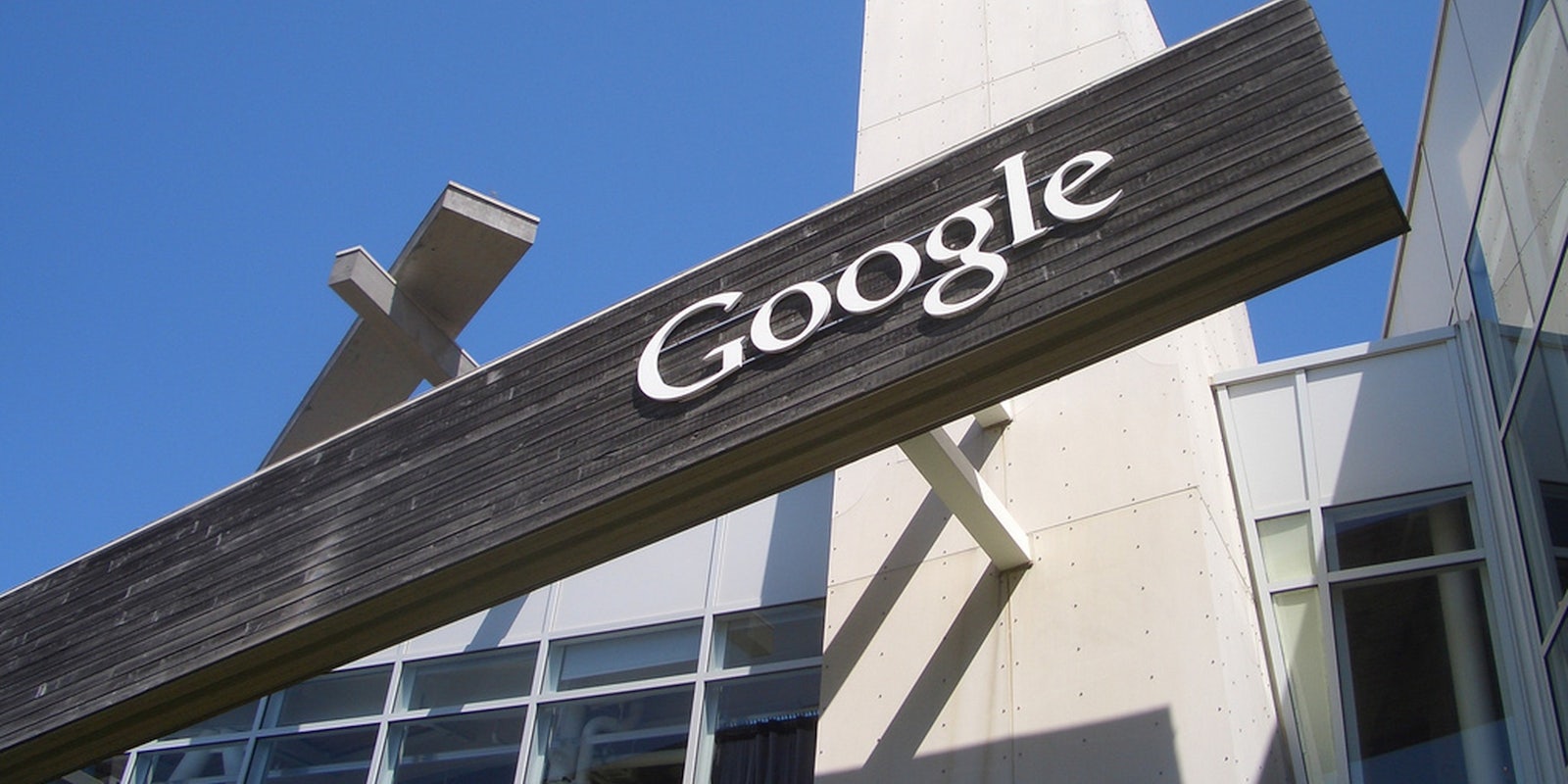Last week Google CEO Larry Page got the Fortune magazine cover treatment, the latest of many such pieces attempting to quantify Google’s sprawling business. The business press is obsessed with answering the question of whether we’ve reached “Peak Google.” (Clearly Fortune’s opinion is that we have not, given they named him “Businessperson of the Year.”)
“Peak Google” is what I like to call a “contagious misconception”—it seems to make sense, and therefore is worthy of consideration. After all, we’ve seen IBM, Microsoft, and other companies hit their peaks, only to drop back as they face the innovator’s dilemma. Search is past its prime, Google is a search company, ergo—Peak Google.
But as the Fortune piece argues (and yes, I’m quoted, for what that’s worth), Google has a lot more going on beyond search. And while it continues to milk that multi-billion dollar quarterly profit center, it’s built five additional billion-dollar businesses—some of which are directly related to its search empire, but others that are not. Google Apps/Cloud, YouTube/Play, Android, Ventures, and Adtech are already past the billion-dollar mark. Huge businesses in waiting include plays in home automation (Nest), healthcare (Calico), transportation (Chauffeur/self driving cars), and connectivity (Fiber). Beyond that group lie a dozen or so potential blockbusters in energy, robotics, AI, wearables, and the unknown moonshots behind the curtains at GoogleX.
It’s that stunning breadth of scope—what Fortune calls the company’s seemingly limitless ambition—that has caused a prolonged internal debate around Google mission statement: “To organize the world’s information and make it universally accessible and useful.”
Page has been floating trial balloons about expanding Google’s mission statement for nearly two years. When Tony Faddell, CEO of Nest, announced Google’s acquisition to his staff in January of 2013, Page took the stage and took questions from the stunned audience. One staffer asked Page why Google had any interest in a home automation company—it seemed quite orthogonal to Google’s focus on search, apps, and mobile. According to sources at the event, Page answered by acknowledging that Google’s mission statement may not be large enough to contain his company’s ambitions.
Since that first admission, Page has been testing out the idea of an expanded mission, and with Fortune he aired his ambivalence in public, telling Miguel Helft that “it’s probably a bit too narrow.” And on first blush, that seems right—what does a thermostat have to do with organizing the world’s information, anyway?
Actually, quite a lot.
When you look at Google through the lens of what I call “information first” businesses, things start to make a lot more sense. By that measure, Google is not only an information-first company, it’s also the world’s first information-first conglomerate—starting or buying businesses in every market undergoing the transition from “matter first” to “information-first.”
We see the transportation business shifting to information first, for example. The currently maligned but nevertheless extraordinary Uber is proof of it, but so are ZipCar, Tesla, and the entire autonomous car industry. The true value of these new kind of businesses is in how they understand information flows in the transportation market, then execute new approaches to old problems (how do I get from here to there?) using novel and/or more efficient methods based on information technologies. Uber doesn’t put cars (commodities) or drivers (means of production) first—it puts information processing first. The cars and driver then reorganize to the new information flows and—voila!—a $17 billion company is born in four years. Uber proves that if you solve difficult information processing problems in traditional markets, you can create world beating value. Airbnb, DocuSign, Lending Club, and many more are further examples of the same thesis.
So which markets are ripe for transition to an information first framework? Well, let’s break down what makes for a “ripe” market. There are two key attributes of a market ready to be radically shifted by an information-first approach. First, a market where there’s liquidity of poorly organized and processed information. In other words, there’s a ton of data, but it’s not well organized or computed. Think about the world wide Web in 1998, for example. Sh*t tons of information, terribly organized and lacking a processing layer. Google came in and—voila!—a multi-billion dollar company was born in five short years. Secondly, look for a market currently controlled through centralized chokepoints, but with the potential to be rapidly reorganized if and when consumers gain control. Again, look at search—before Google, portals like AOL and Yahoo ruled the Web. Everyone went to a chokepoint to “see what was on the Internet.” After Google, consumers took control of their own Web surfing.
So, which markets have both data liquidity and are currently controlled by centralized chokepoints? Well, let’s look at mobile. Tons of data, terribly organized, controlled by the chokepoints of carriers and OS vendors. Check! Or, how about health care? Oh hell yeah! Energy? Yep! Connectivity? Most certainly! Markets where there’s not yet liquidity of information, but there’s about to be—home automation, food, retail—are also ripe for reinvention.
The world is turning into information, and that information wants to be organized, accessible, and useful. I don’t think Google’s mission needs to change at all. Whether or not they knew it at the time, Google created a manifesto that I believe will prove to be dead on in the context of an economic shift to a information-first paradigm. And when the history of this era is written, I’d wager that Google will be seen as the first information-first conglomerate to both identify and exploit that shift.
This article originally appeared on Medium and has been reprinted with permission.
Photo via brionv/Flickr (CC BY-SA 2.0)


